No region in the world was better endowed with an abundance and variety of game birds than what is now the United States when the white man came to these shores to make his home. These early settlers were essentially rifle men and, except for the wild turkeys and geese, paid little attention to the birds so long as big game was plentiful. But as the population increased and the larger animals were killed off or driven out, the shotgun came into favour and wild fowl, grouse, quail and snipe became the game on the family table.
In those days the wild pigeons appeared in clouds that darkened the sky. Ducks and geese were like swarms of midges in the air. Coveys of quail were in every stubble field. Grouse drummed out in flocks from every cover, and the marshes and beaches saw such a host of shore-birds as we may never know again.
This abundance of Game birds went on until the late seventies of the last century, when suddenly the millions of wild pigeons failed to appear on their annual flights. “What has happened to the wild pigeons?” was the question of the day. The answer was not apparent until many years later, when reports were complied on wild pigeon killing for market. Some impressive figures were turned up. Hornaday says, in Our Vanishing Wild Life, that from one little town in Michigan, in 1869, 11,880,000 wild pigeons were shipped to market in forty days! This harvest was being reaped in every section of the country and all our other game birds were going to market in proportionate numbers. But still our game birds persisted in tremendous numbers until, within the last twenty years, the growing scarcity of good shooting has impressed every sportsman who loves the game.
The forebears of the artist who did the pictures in this book were among the colonials who came into this once great heritage of game birds. From them came his love of this game and of the scatter gun, and it was his god fortune to begin his shooting days while the birds were still plentiful in western New York, where he was born, and in southern Michigan, where he grew up. Many people were still living who had seen the wild pigeon darken the skies of Michigan, had taken part in squirrel drives and had guarded their ripening corn with shotguns against the hosts of wood ducks. There were quail in abundance and plenty of woodcock. Jacksnipe swarmed during migrations, and every stream and pond had its generous supply of ducks. Canada and white fronted geese came into the stubble fields and the long-gone upland plover was plentiful on the pasturelands. There was never a keener gunner than this lad, and in addition to his enthusiasm for shooting he was endowed with a sense of the beauty of the game birds and with the ability to draw them. Since he could not bear to stuff the handsome creatures into the pockets of his shooting coat, he carried paper to wrap them in, one by one, that they might reach home unruffled and unsoiled, to become models for the artist.
Hence this book of game pictures. They are selected from among the studies covering many years afield in many parts of the country. Some of the pencil drawings were done as preliminaries for paintings, and many of them are assembled from books of field notes made on shooting trips and from studies of game birds in captivity. The paintings reproduced in these pages were all done in recent years, and ten of them are here shown through the courtesy of Edgar Burke, MD, to whom the artist extends his very sincere thanks.
It is with the hope of stimulating, among sportsmen, their appreciation of the great beauty and variety of our game birds, and of stirring anew in them a determination that their game shall be preserved and restored for the recreation of themselves and of all the generations of American shotgun enthusiasts to come, that this book is presented by one of them who has gunned through the years of plenty to the now lean days.
Lynn Bogue Hunt. New York City. April 1st, 1936.
In 1936, a first edition of 1225 copies of An Artists Game Bag were printed by the Derrydale Press, Inc. New York. There are a total of 45 plates of illustrations.
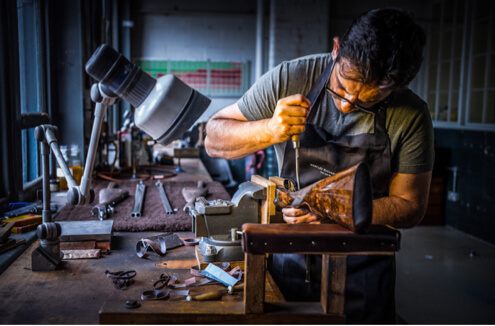
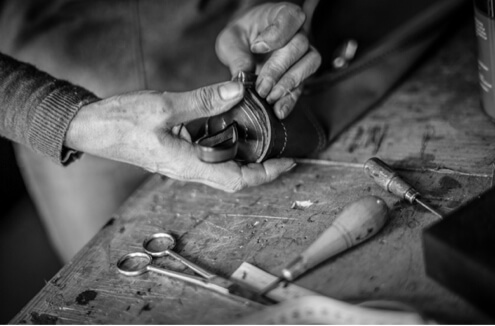
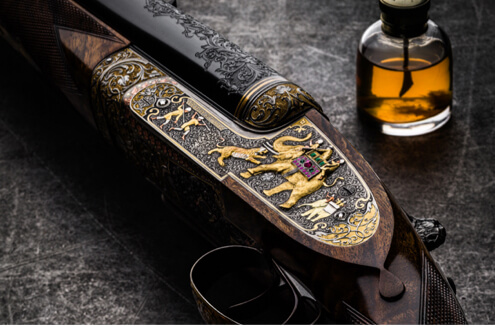
 Enquire
Enquire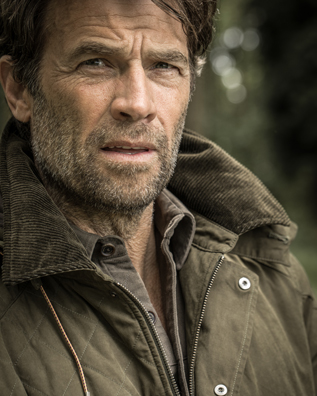
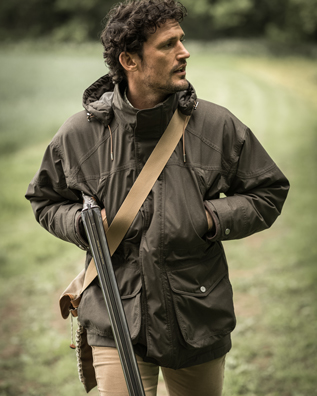
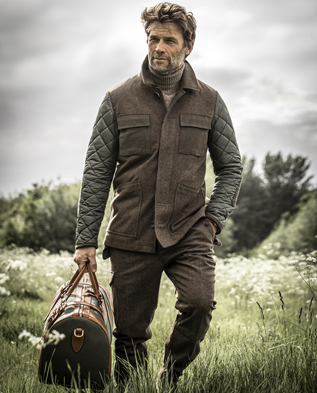
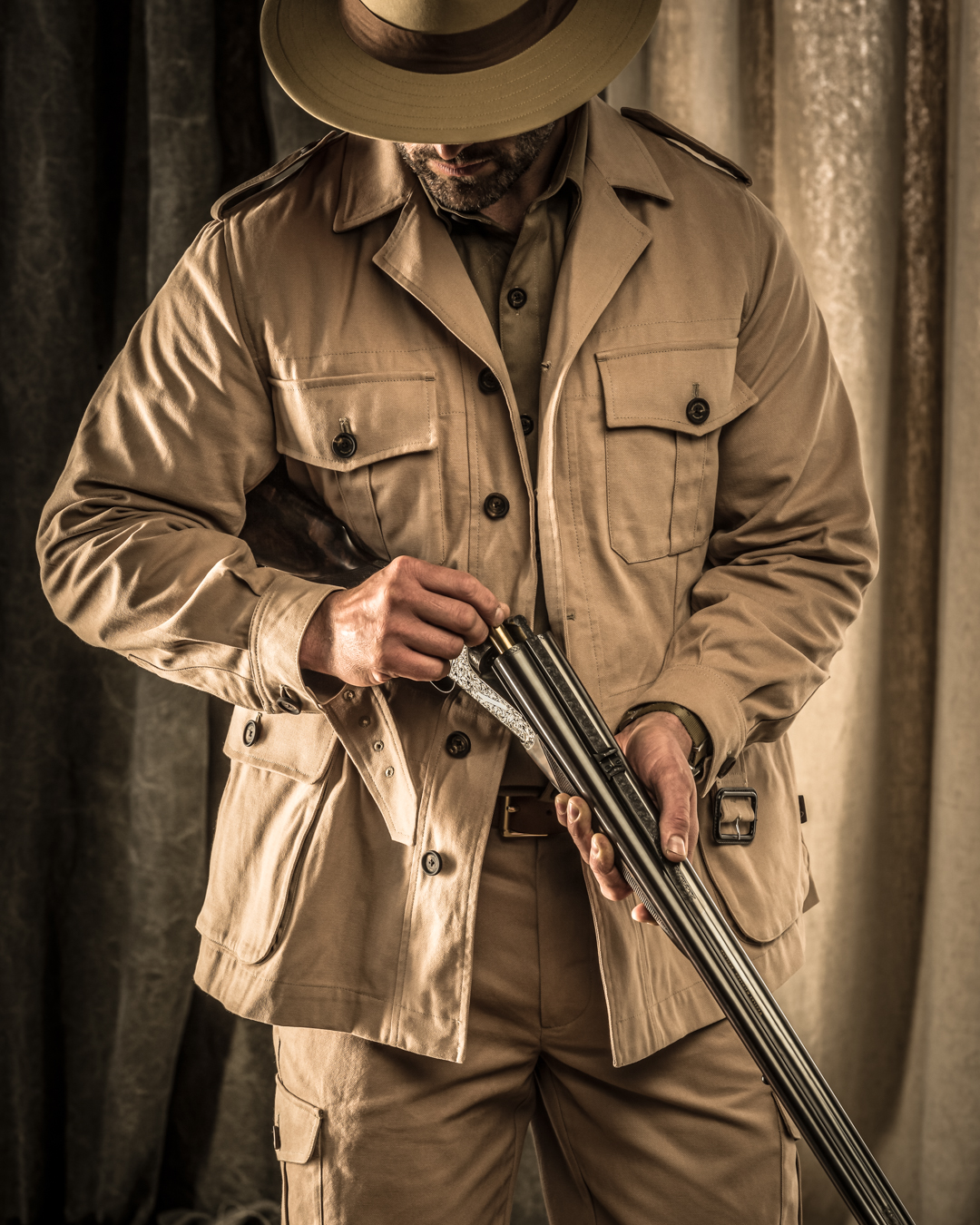
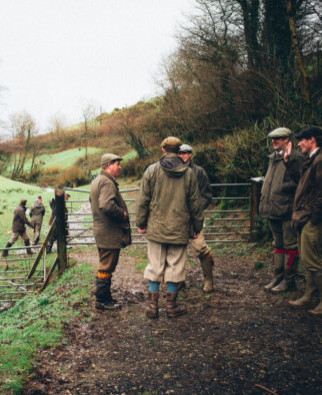
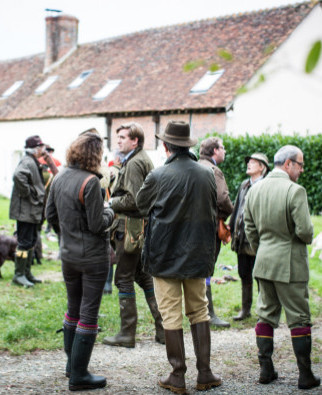
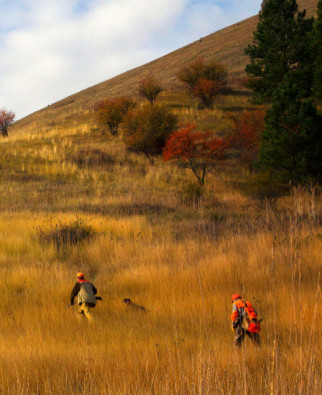
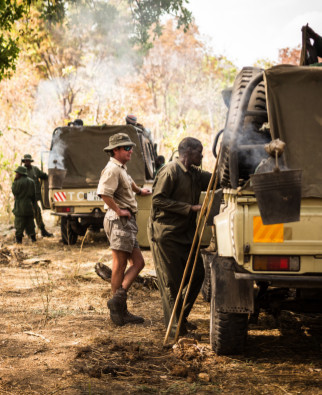
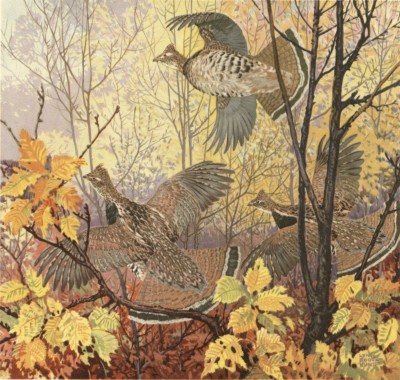
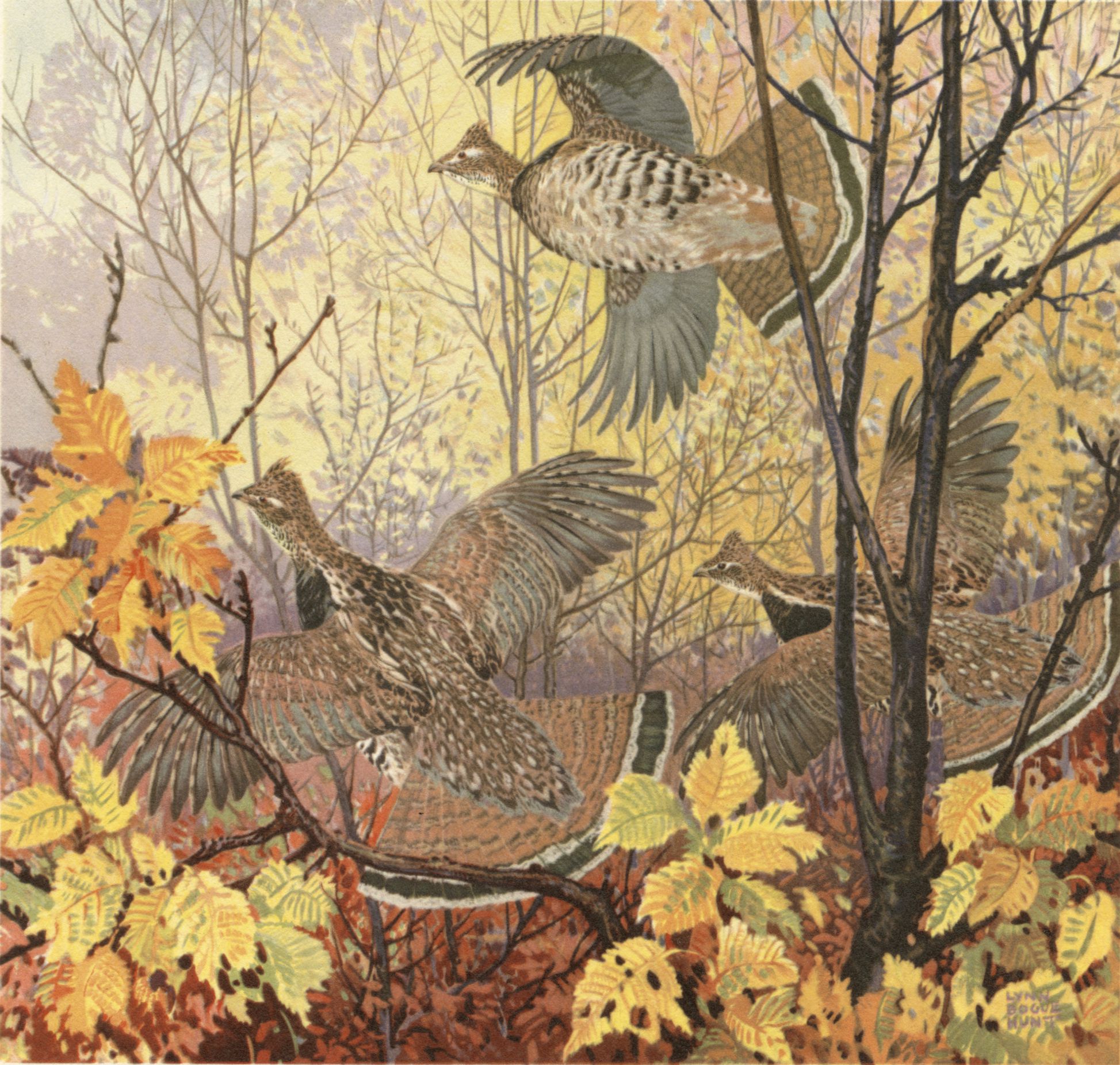
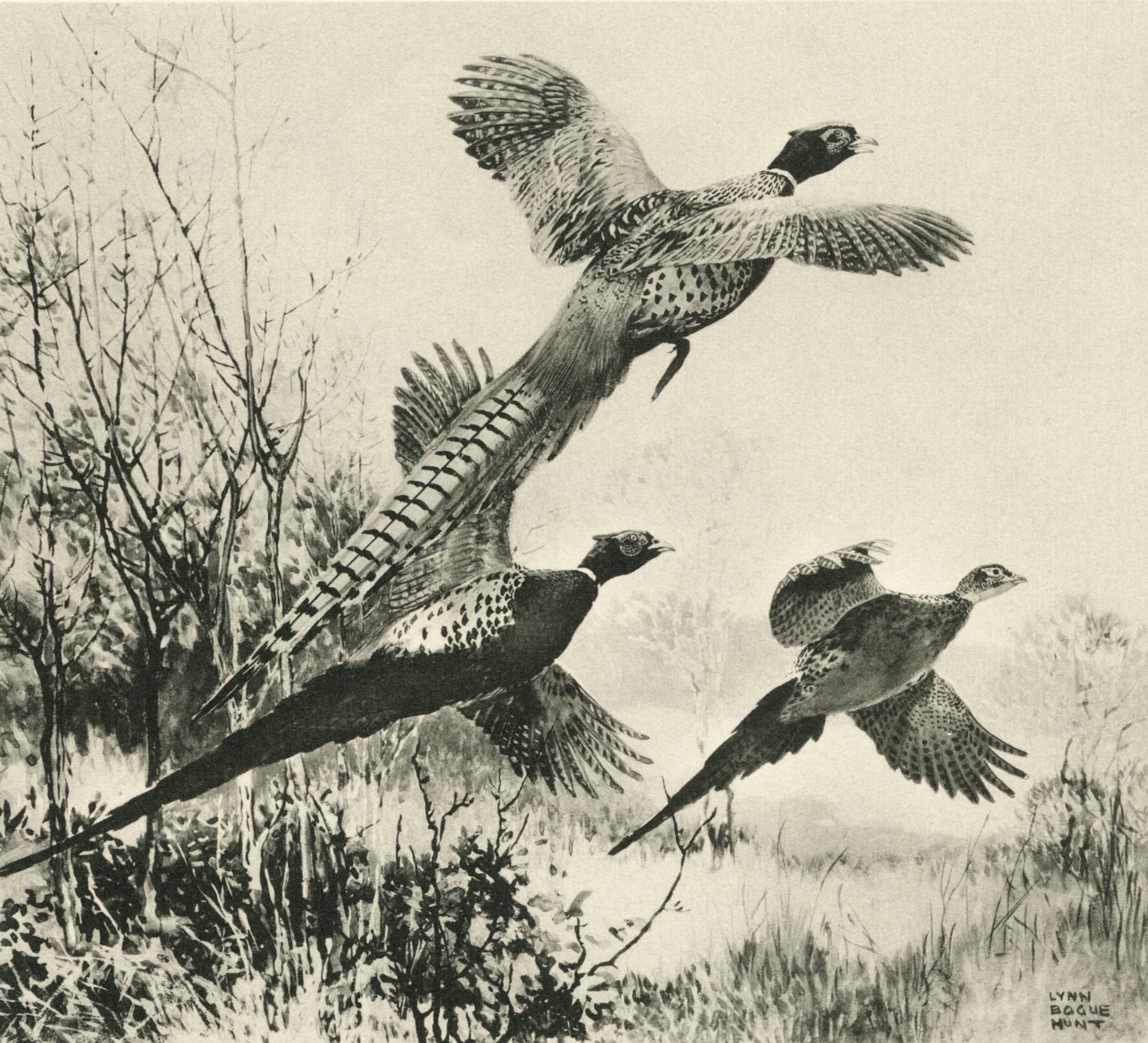
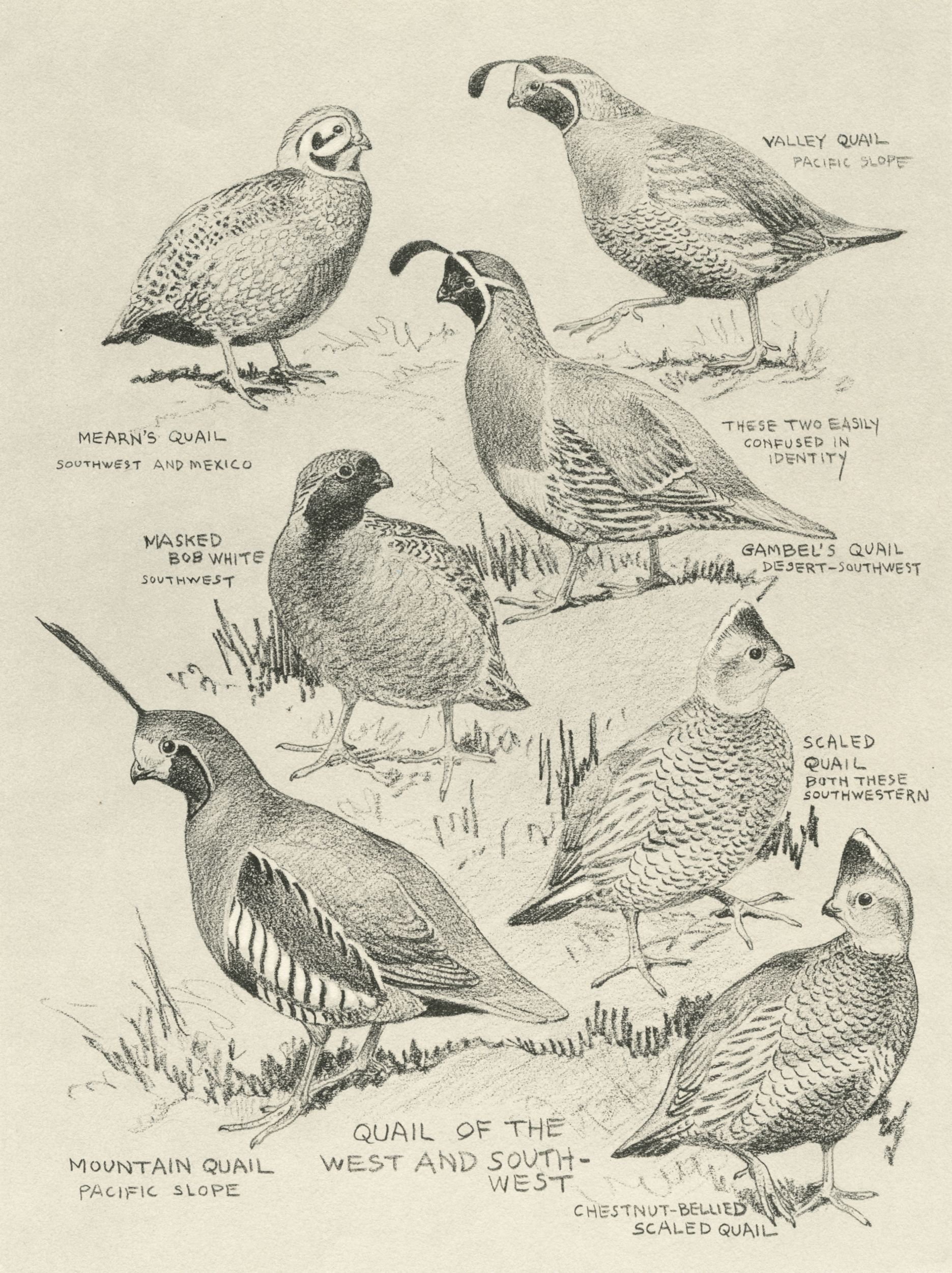
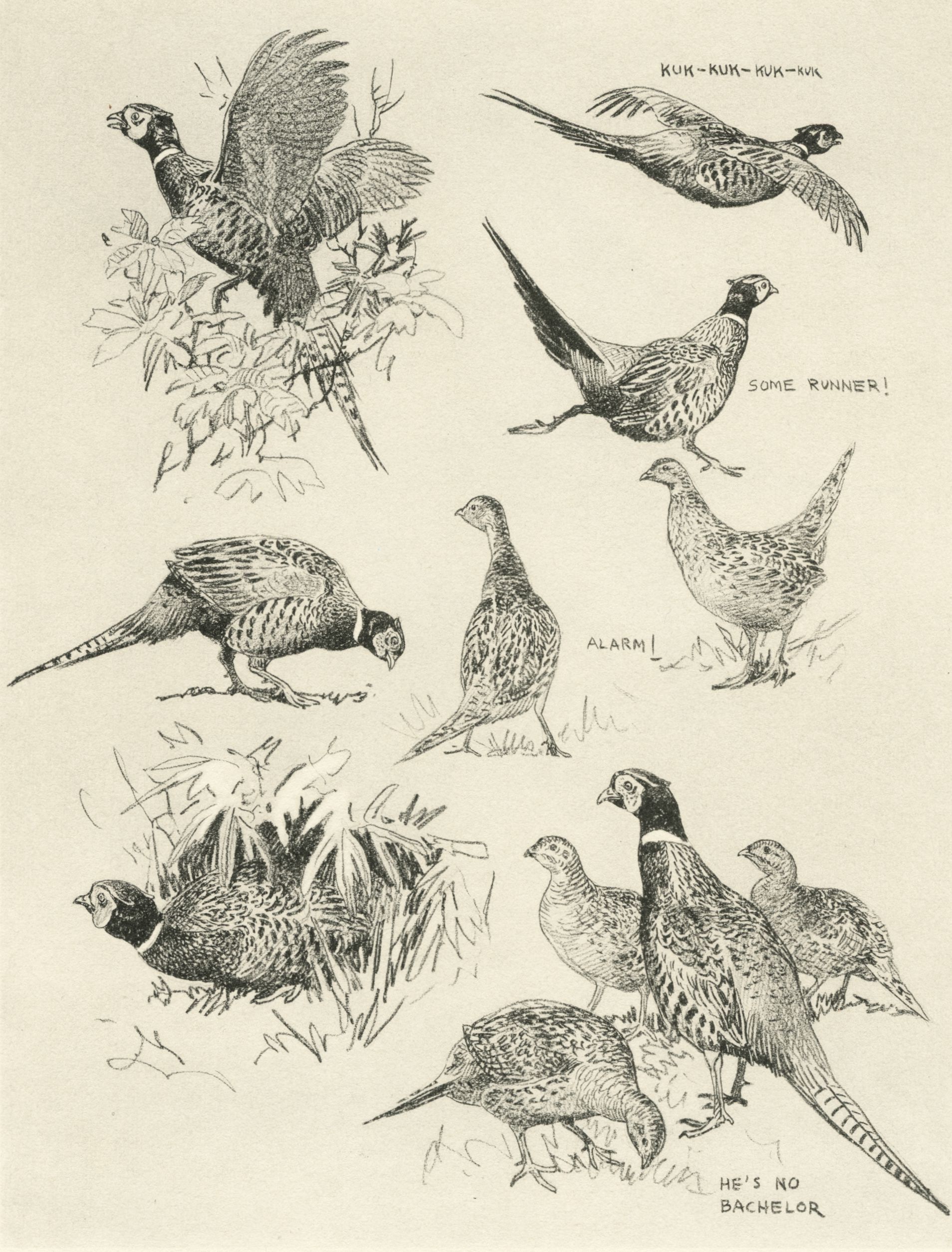
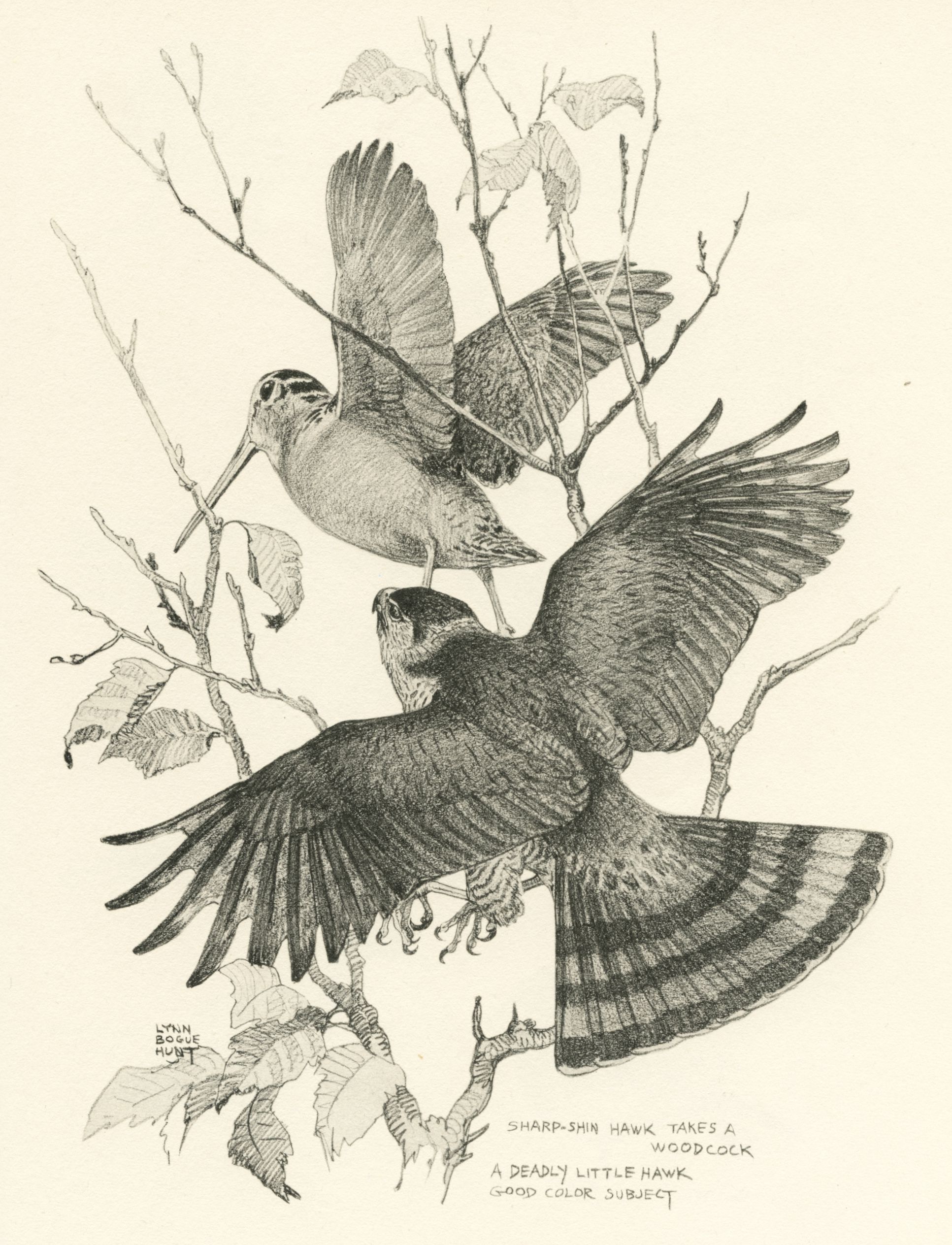
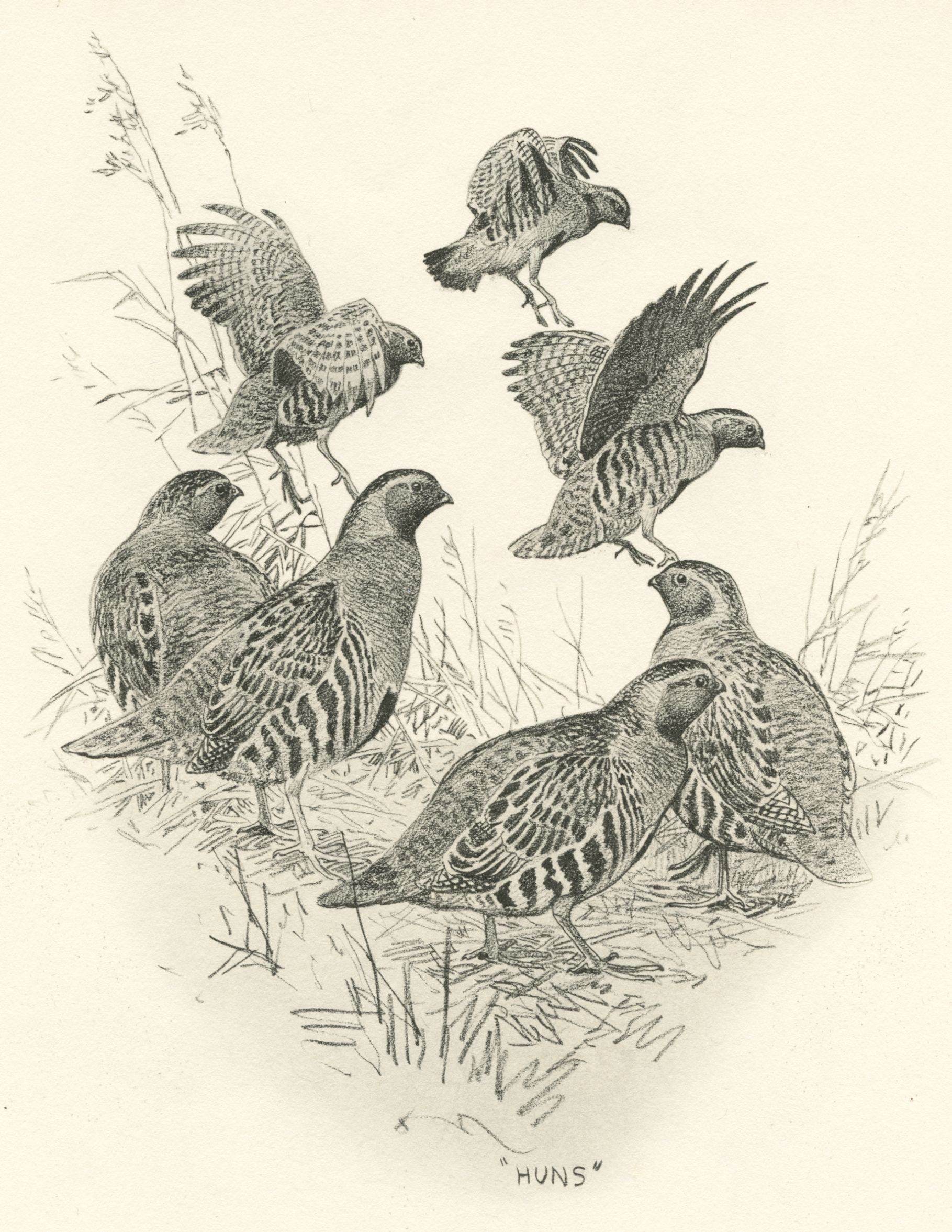
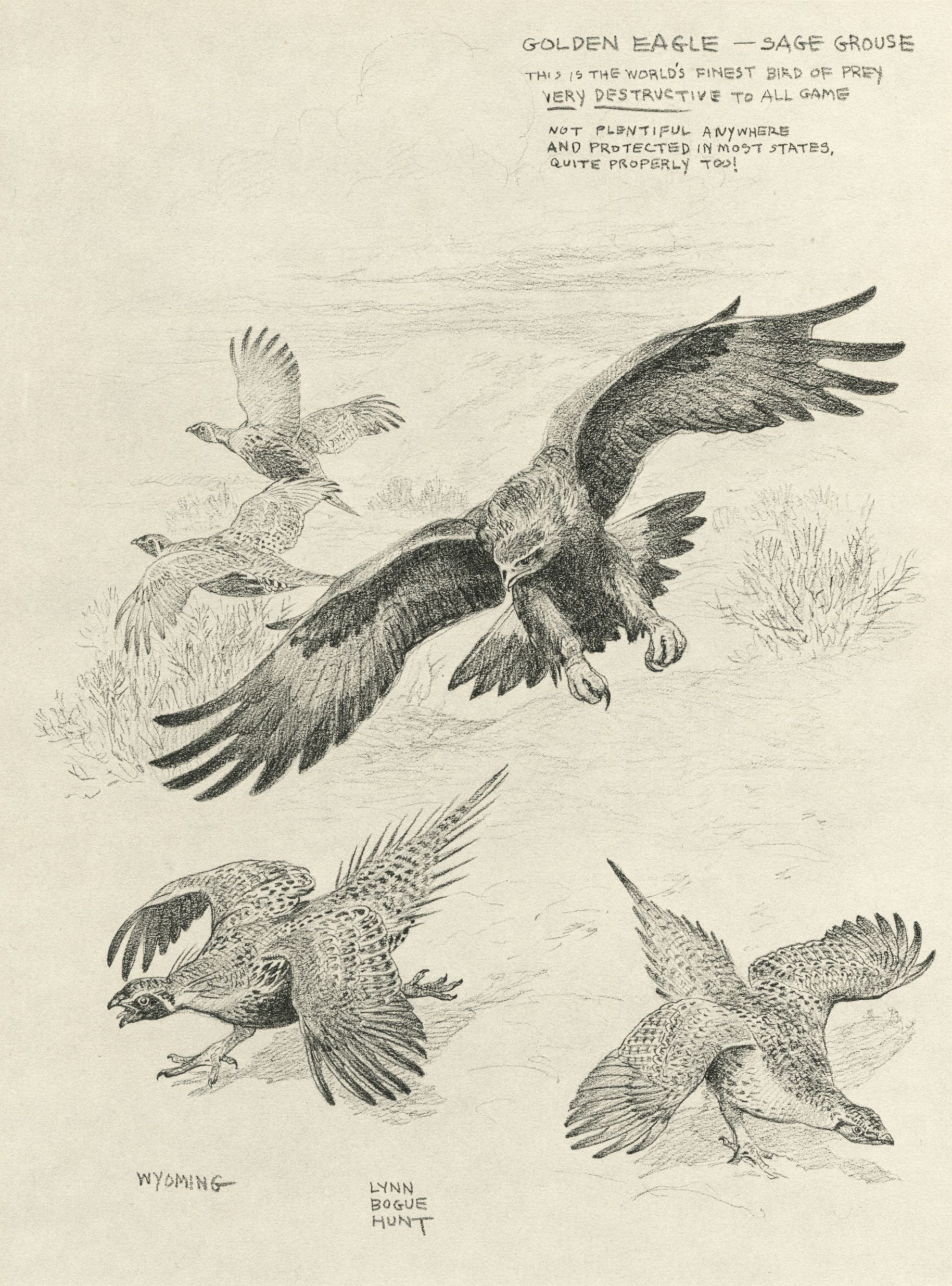
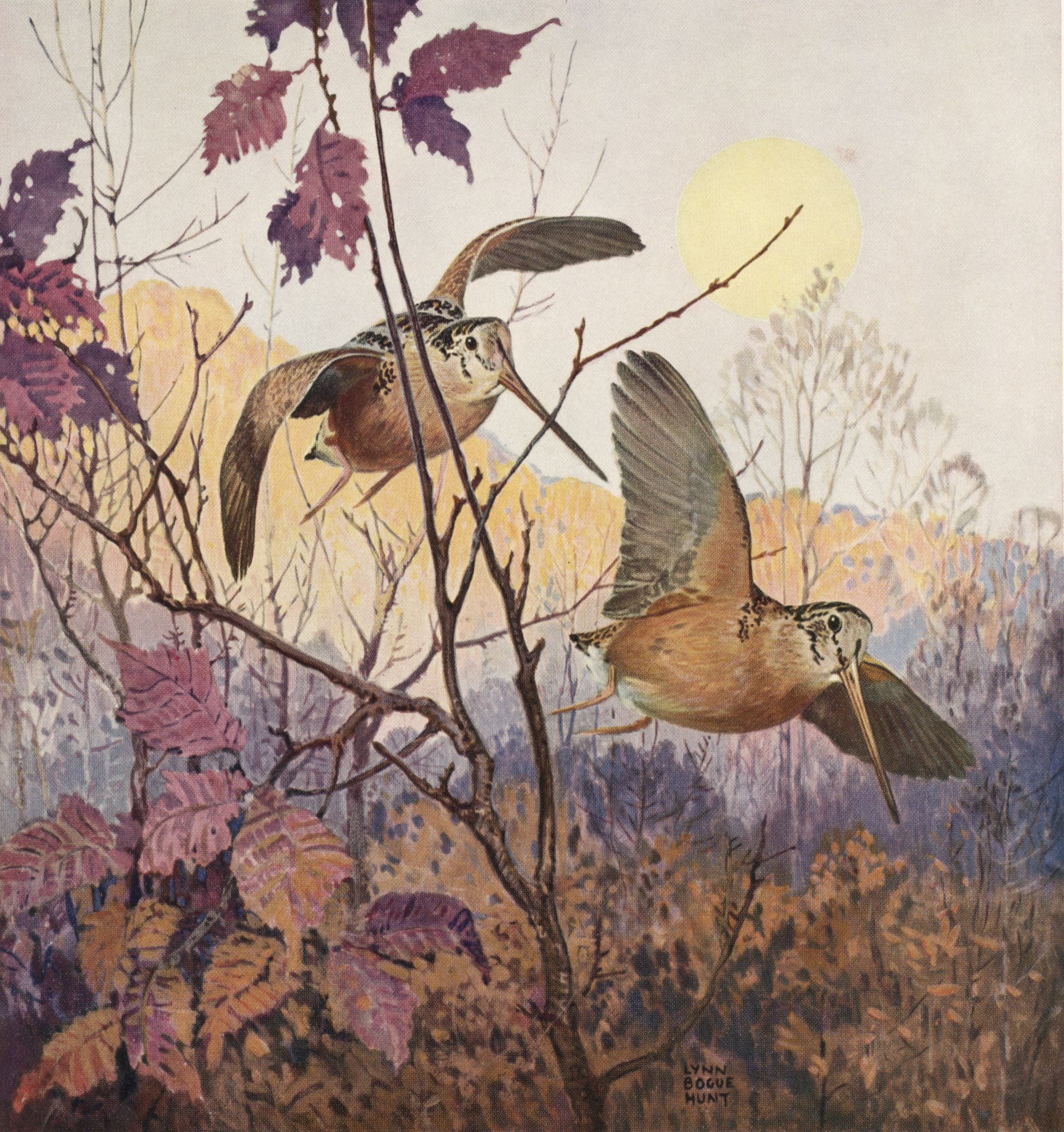
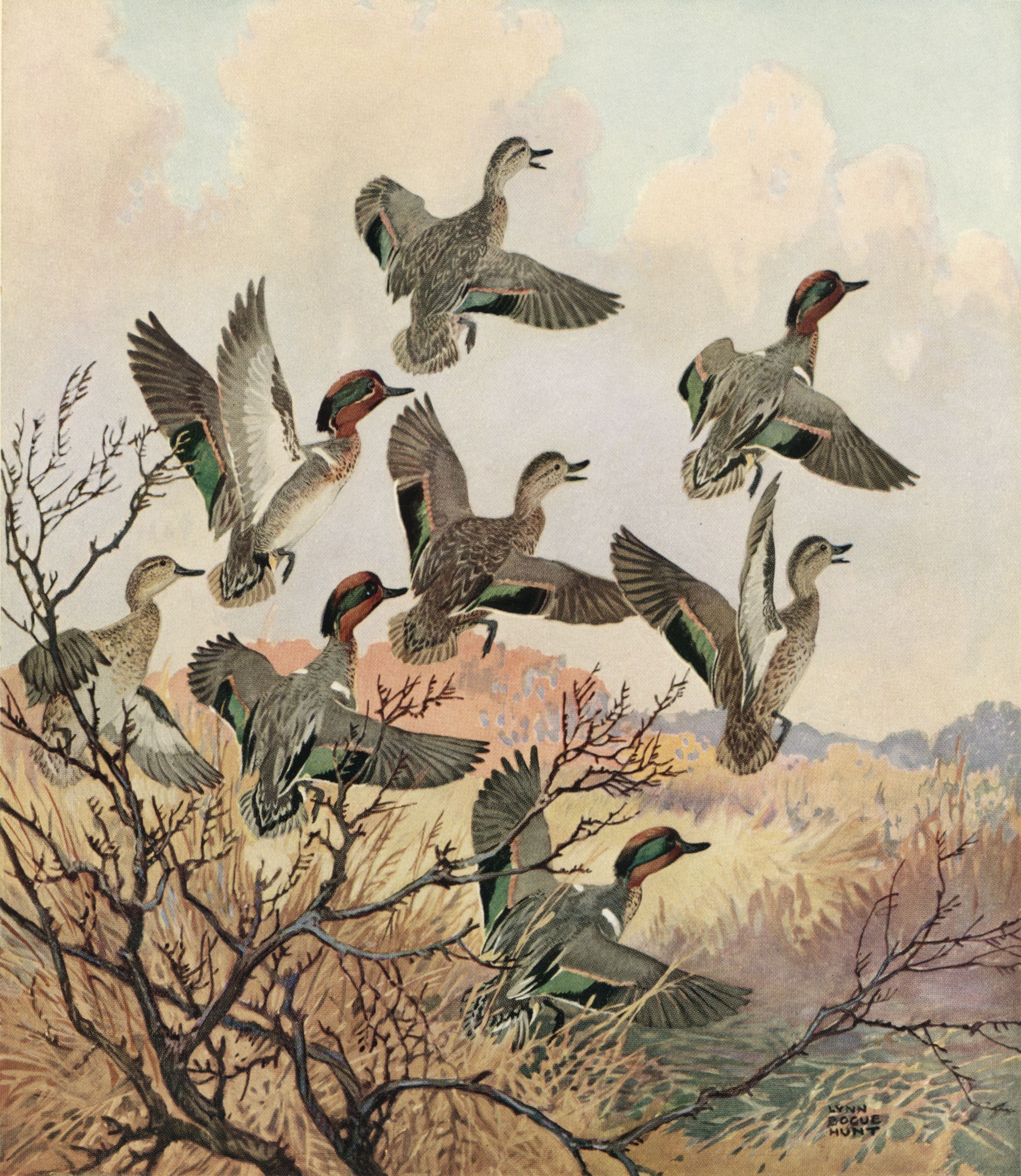
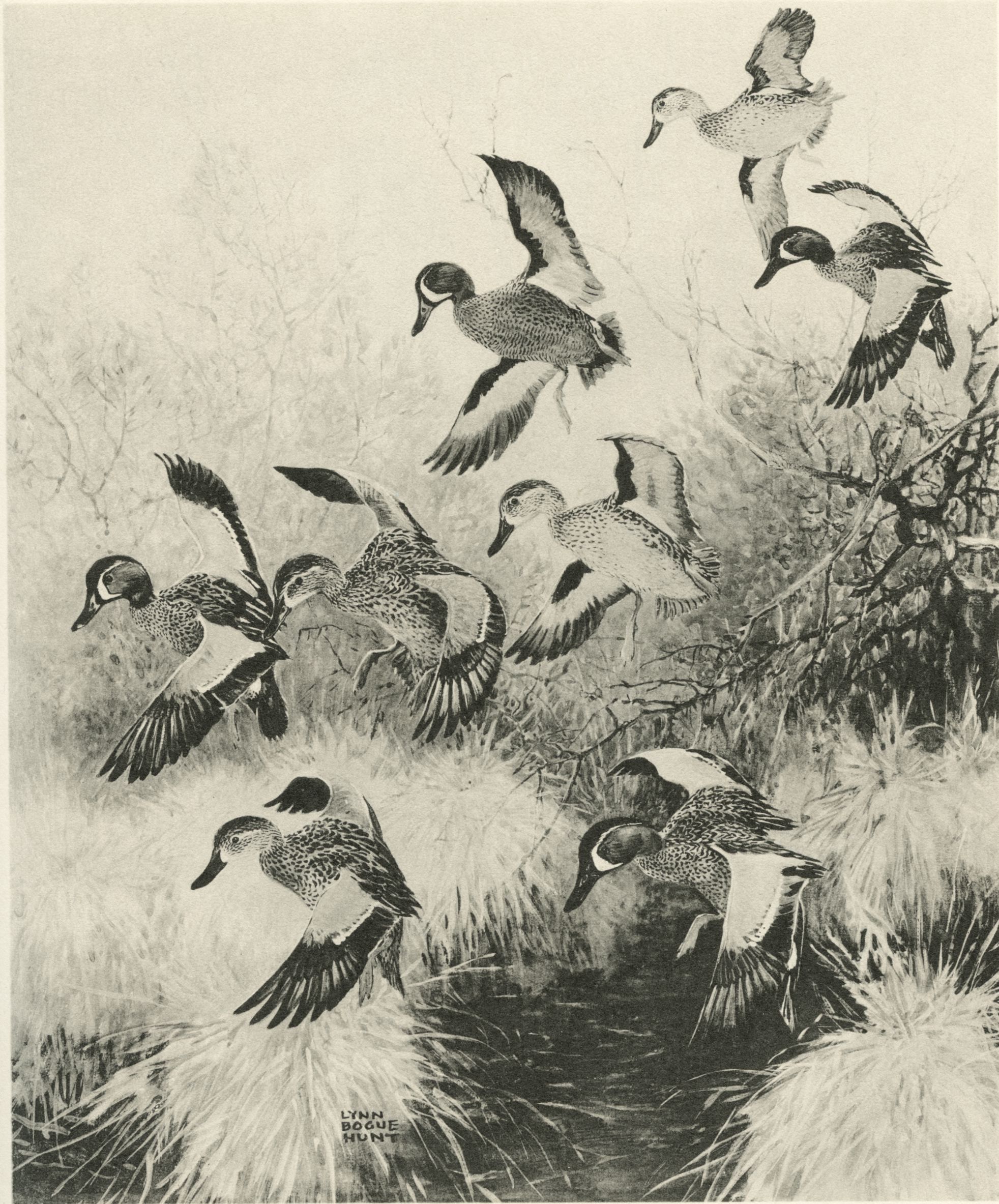
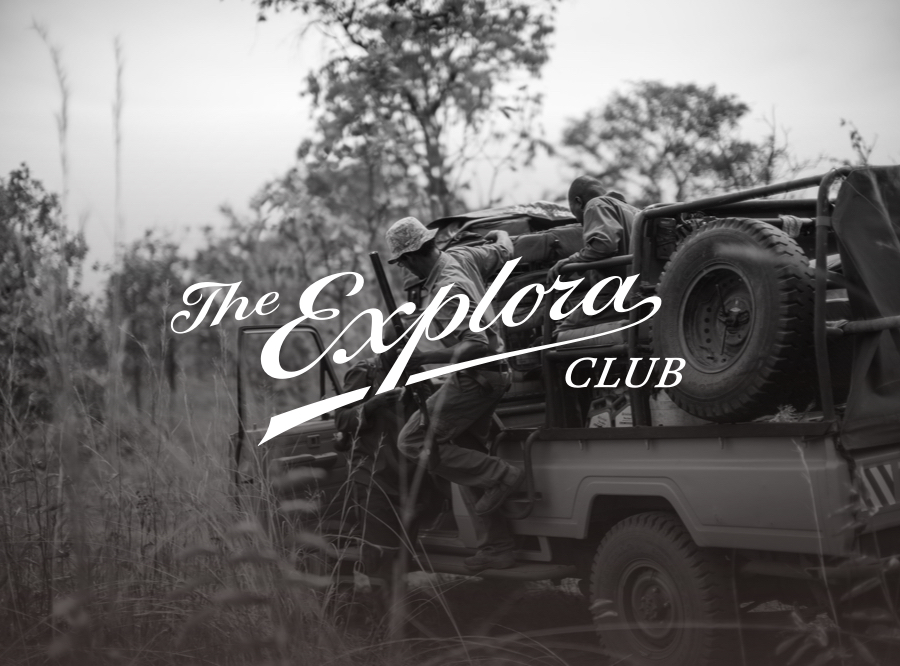
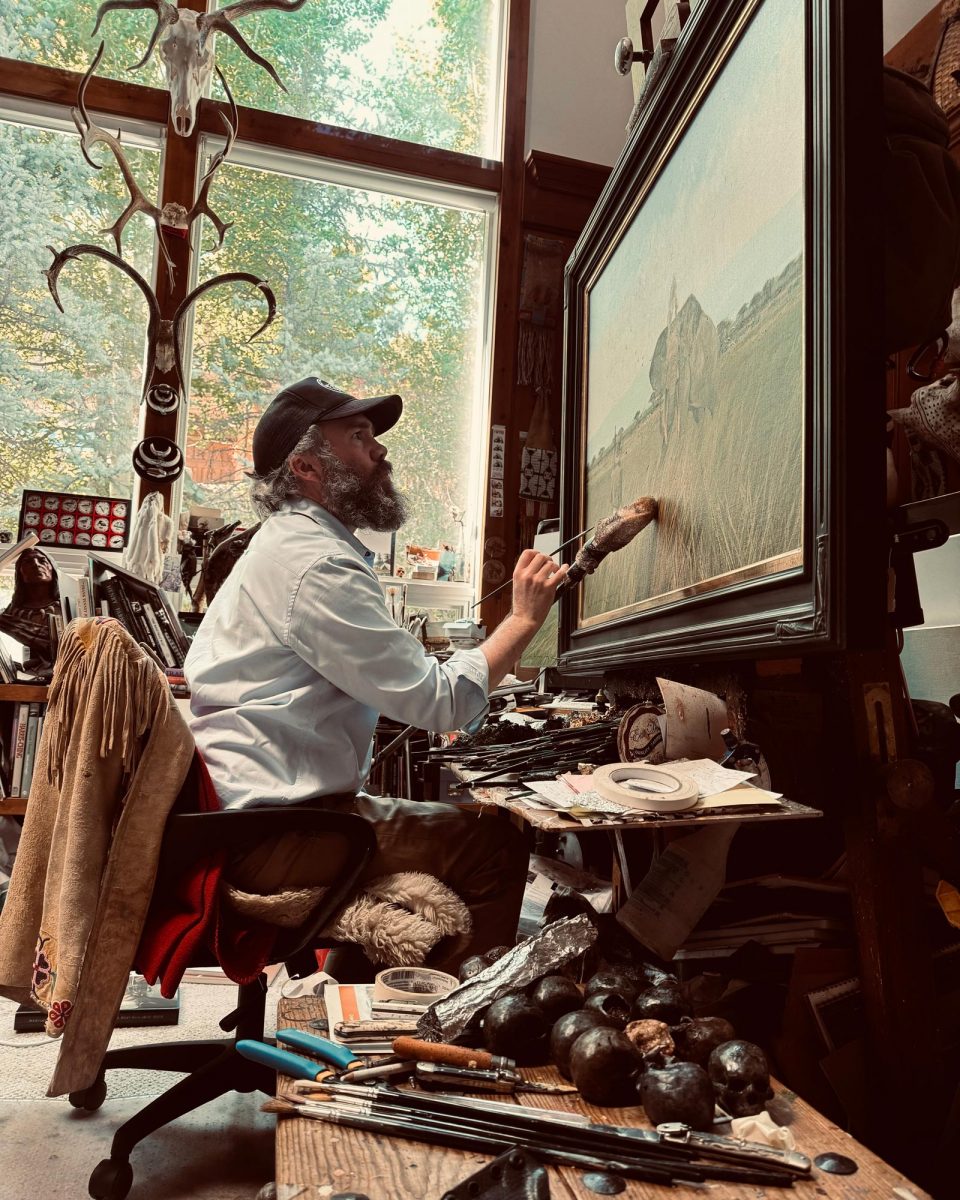
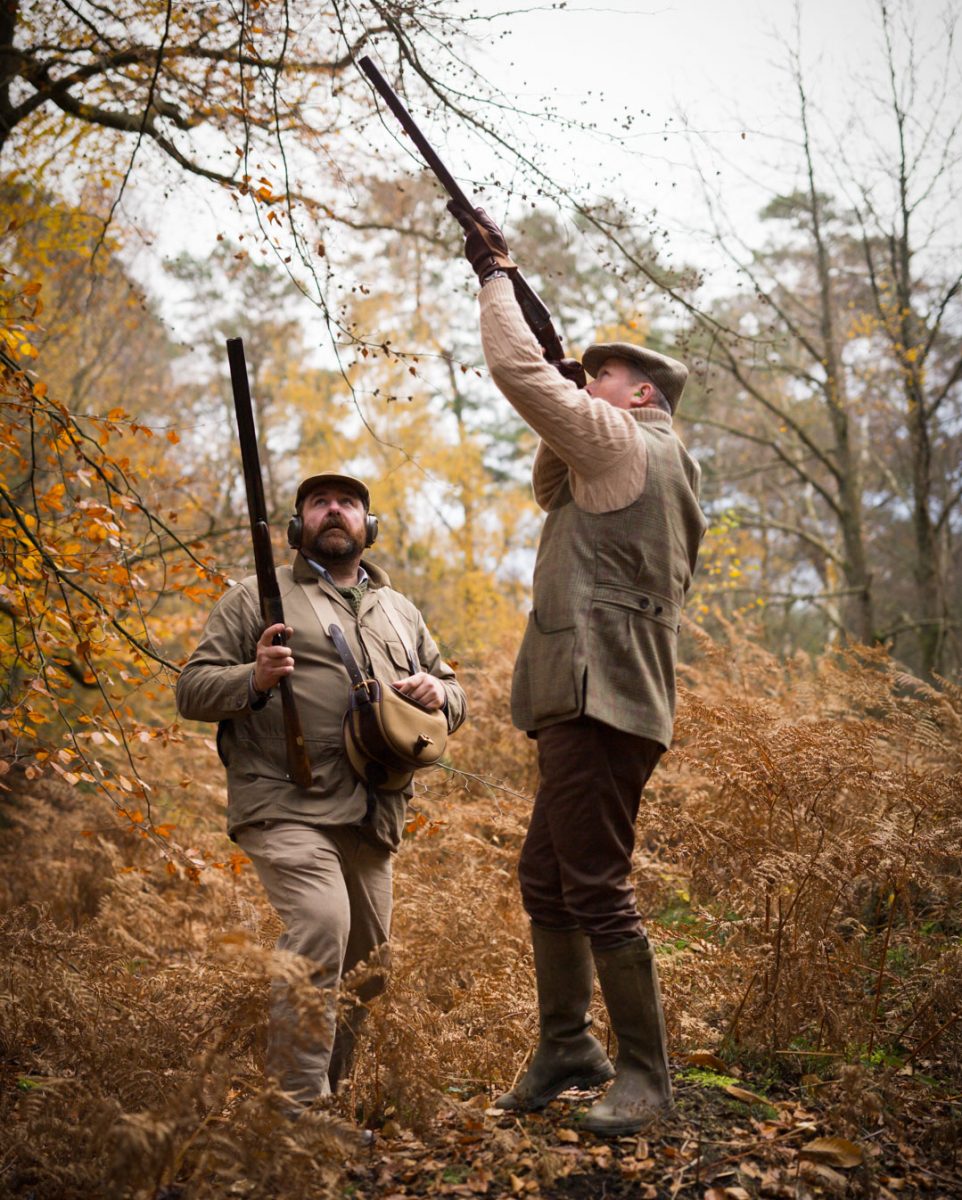

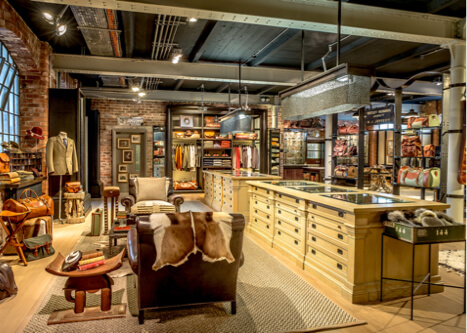
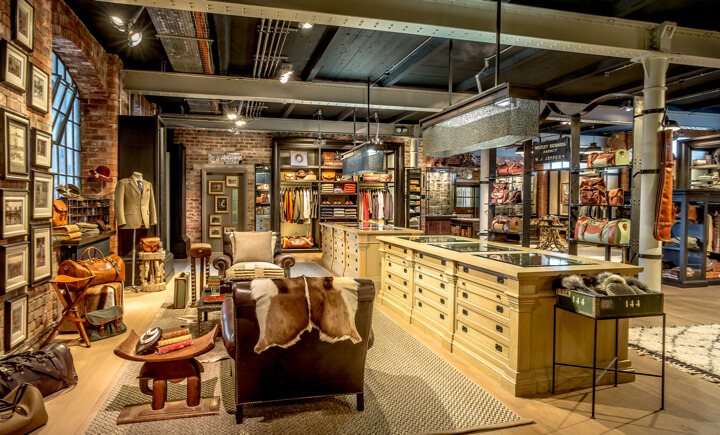
Vance Daigle on May 5, 2015 at 1:25 pm
Morning Simon,
Good to see you back home safely, hope your trip to the States allowed you to catch up with ole friends and meet new ones. This is a very nice story and the Drawings are wonderful. Funny as I think of what would be a great subject for a bottom on a shotgun you show these great drawings...Great job Sir!!!!
In Christ
Vance,